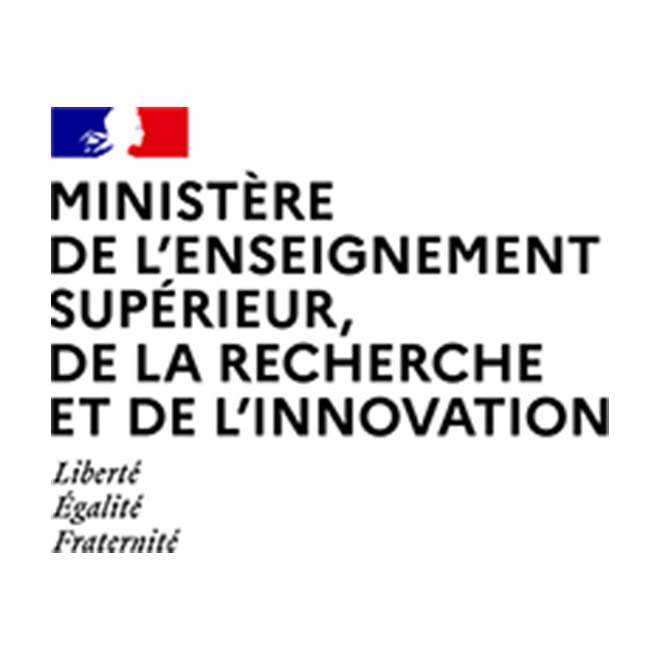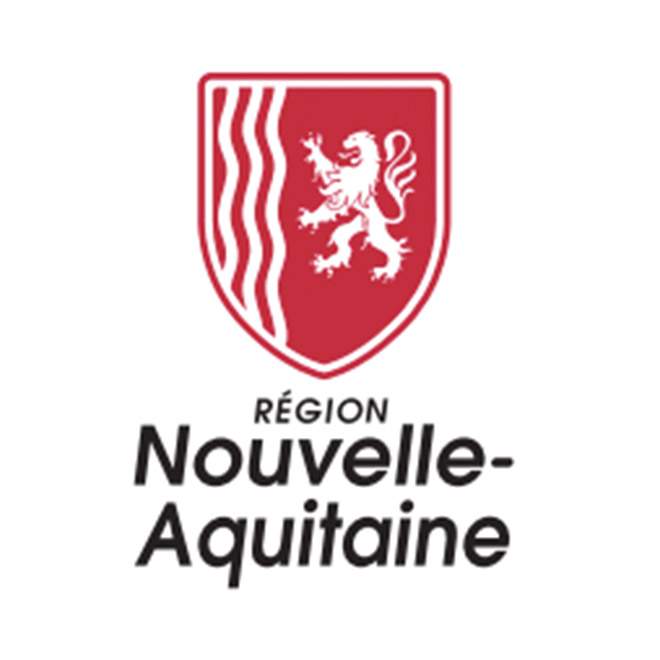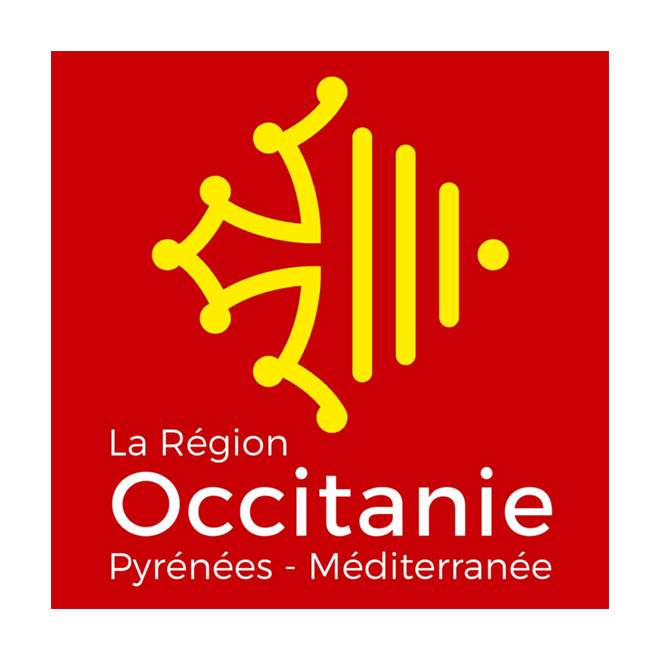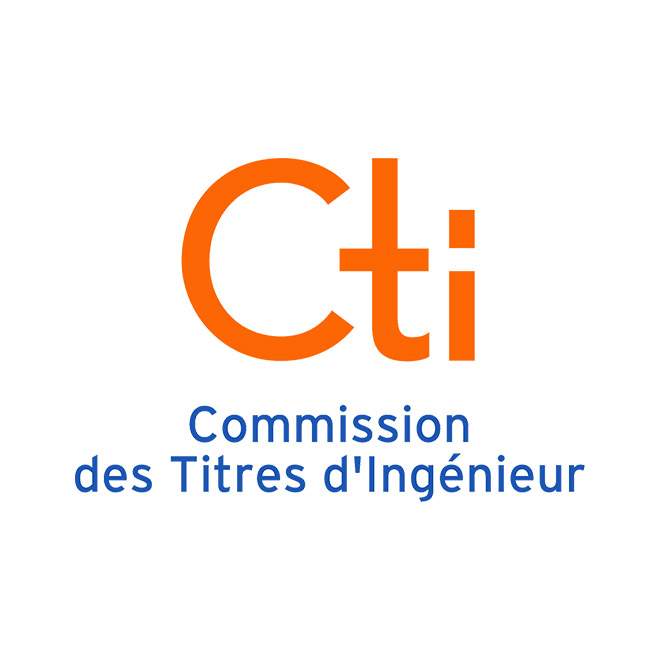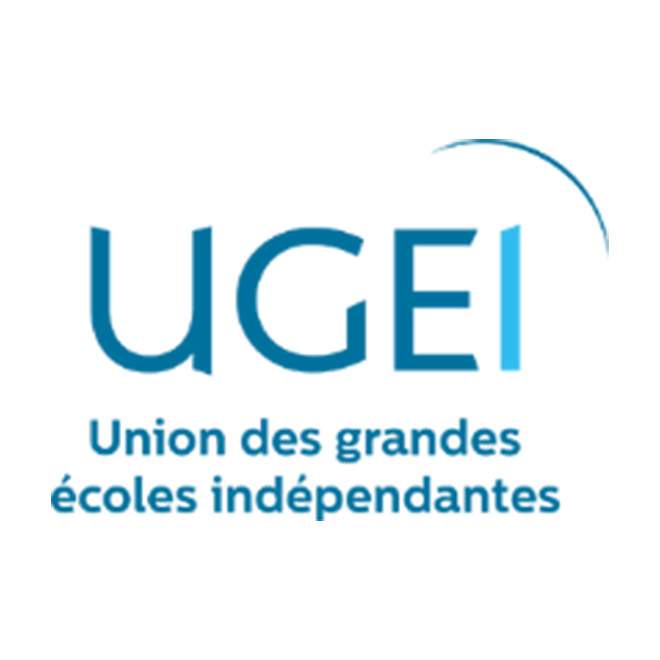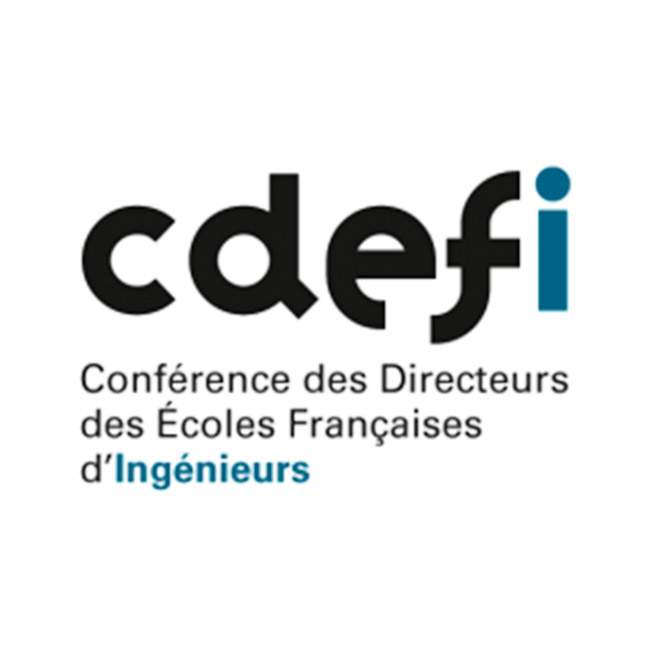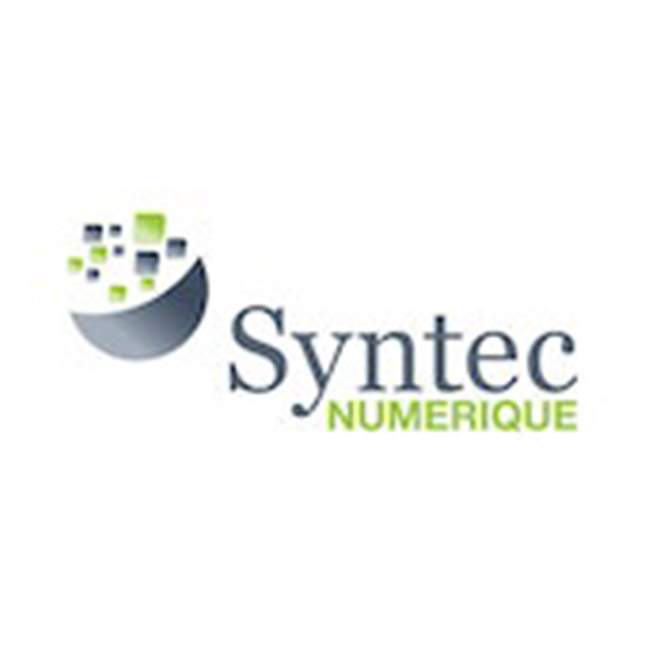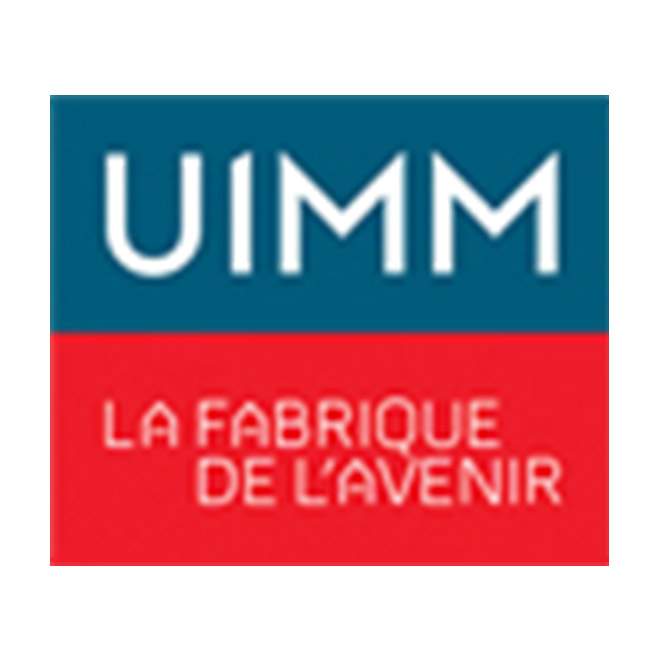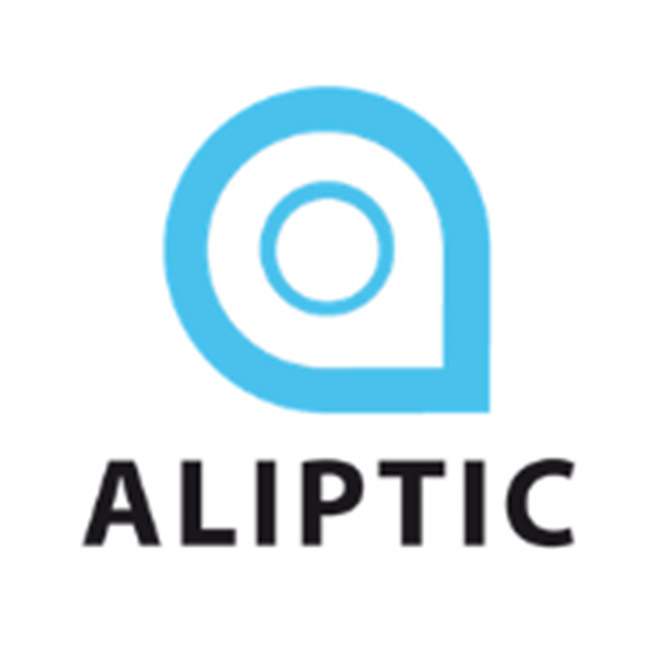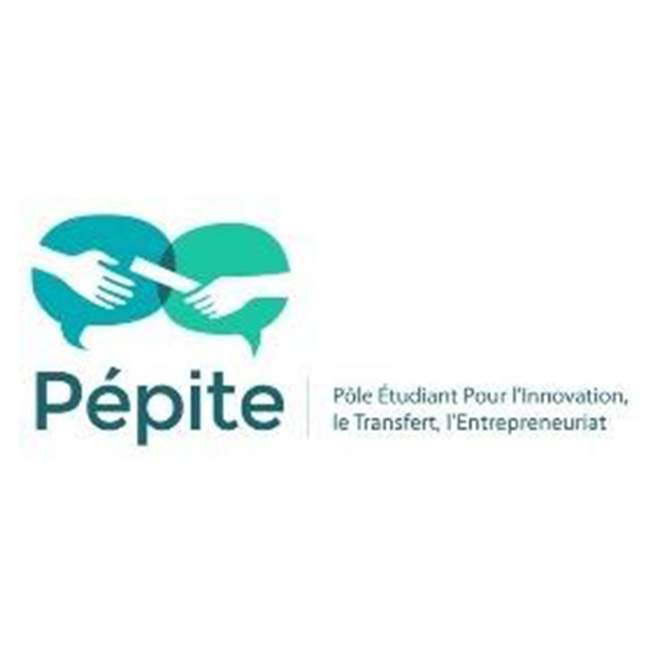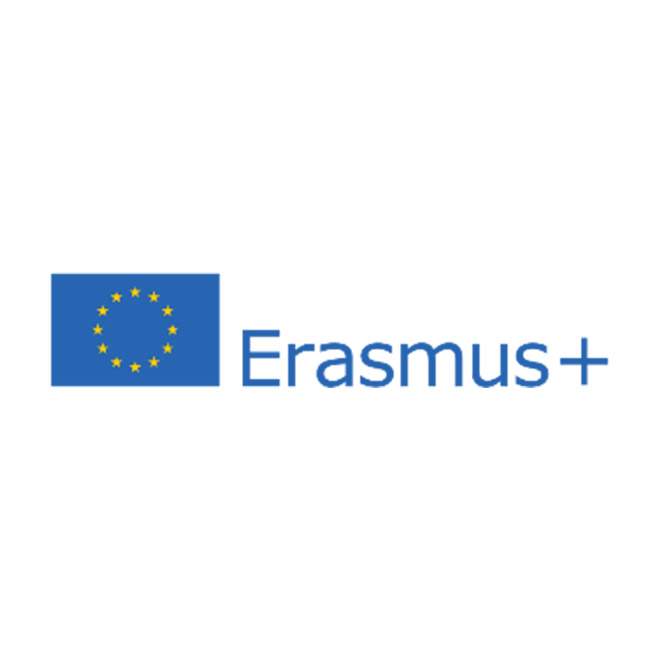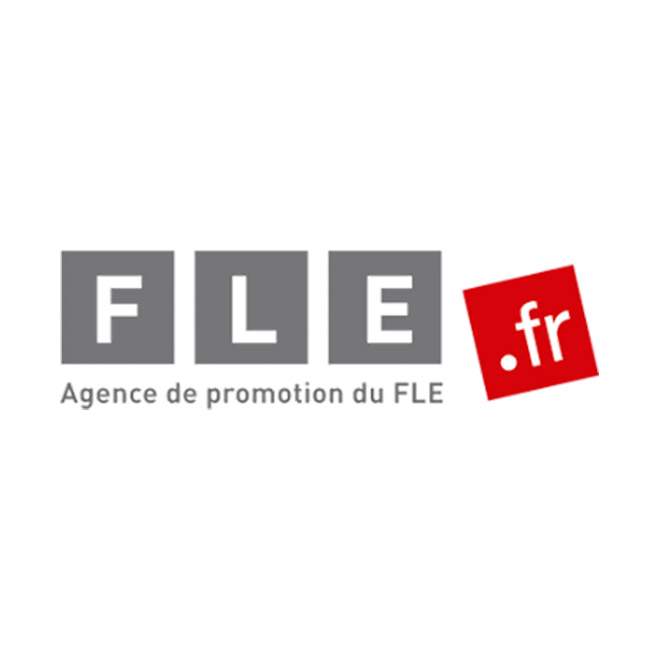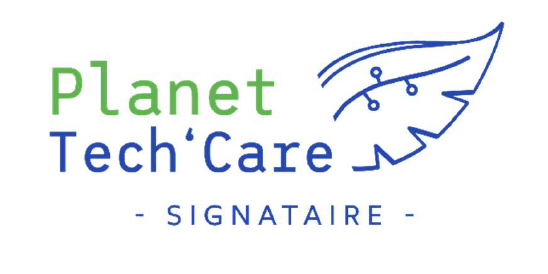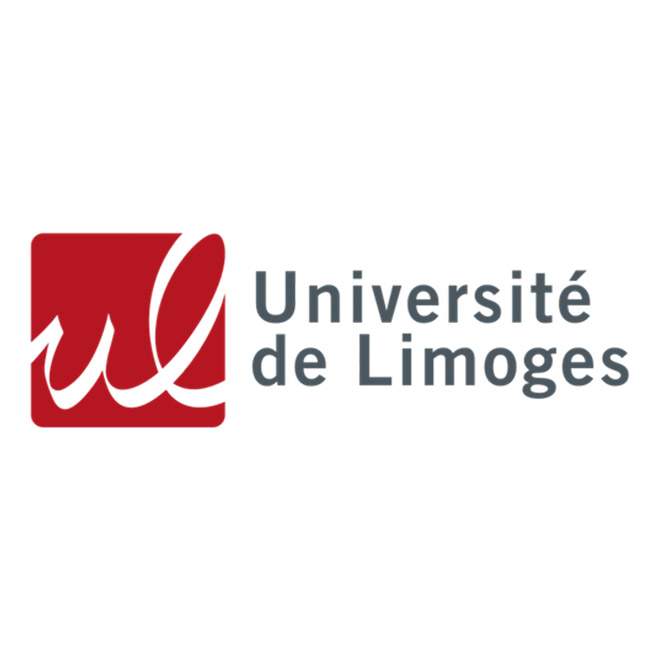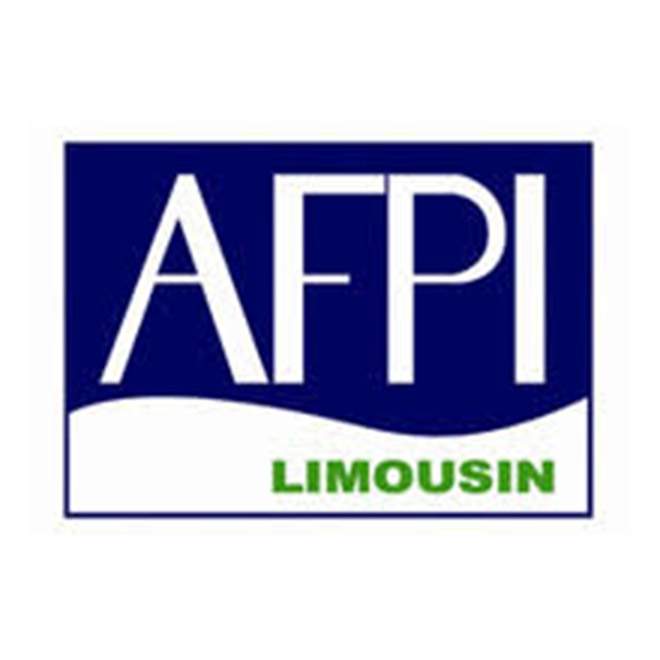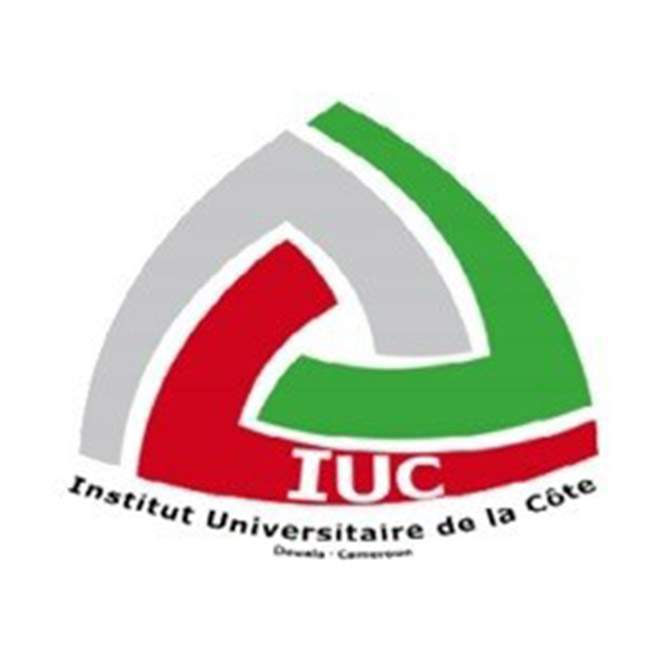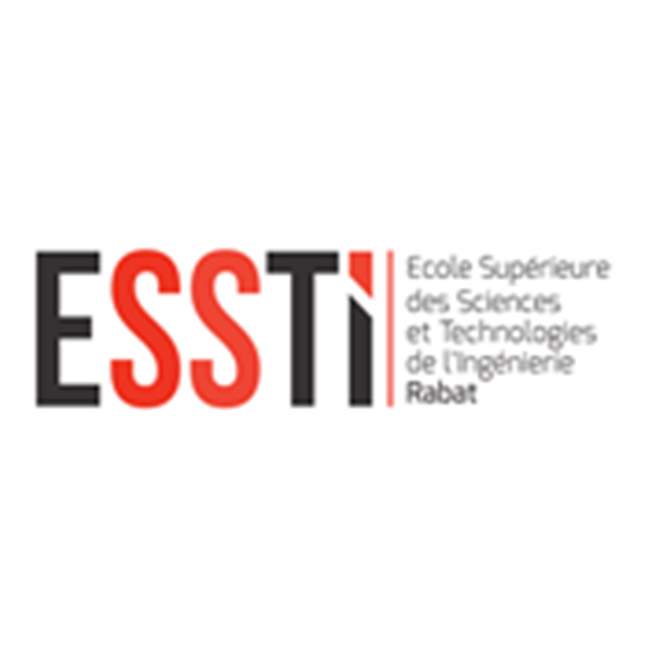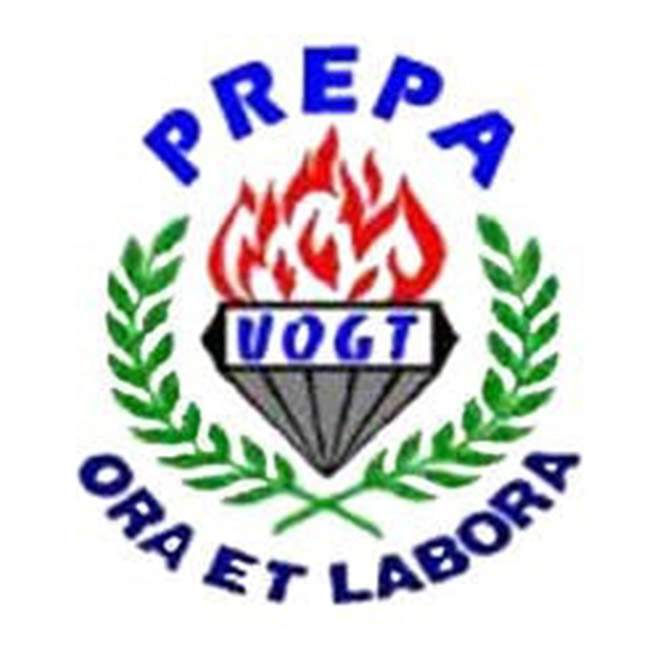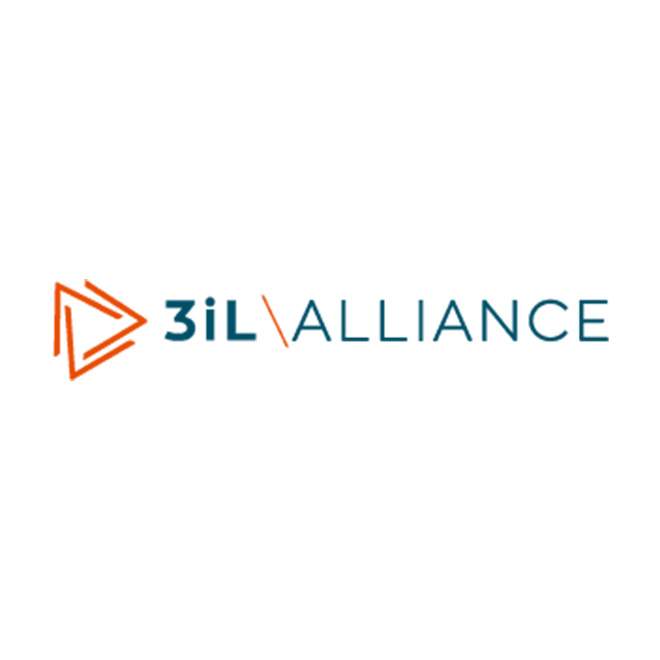Our engineering school delivers an advanced postgraduate degree (MSc : Master of Science) which also gives the academic title of Ingénieur Diplômé (Qualified graduate engineer). This title is protected by the French government so any institution that issues the Diplôme d’ingénieur must be accredited by the French Minister of Higher Education and the French Commission CTI. In addition to being accredited by the French Ministry of Higher Education and by the French Engineering Commission CTI , the engineering program of 3iL holds the EUR–ACE® accreditation label. Our engineering school is a member of the CDEFI (the association of the Directors of French engineering schools), the Erasmus+ Program and the Campus France network. We also have the certification ISO 9001 issued by AFNOR Certification (AFAQ: French Quality Assurance). These labels are not only a guarantee of quality but they are also driving us to improve our competitiveness.
Excerpt from the CTI’S Brochure
At the worldwide level, CTI is one of the most experienced bodies in charge of evaluation and accreditation of engineering curricula and institutions.
CTI (Commission des Titres d’Ingénieur) is an independent body established by the French law in 1934. CTI has progressively widened its activities. It has been fully involved in the development of the European Higher Education Area.
Its legal missions are respectively: the evaluation and assessment of higher education institutions in the fields of engineering, computer science, applied mathematics, project management, etc; the development of quality in engineering education; the promotion of engineering curricula and careers in France and abroad.
There are about 220 French institutions accredited by CTI, delivering about 30,000 engineering master’s degrees each year.
In addition, the French law has given the CTI the capacity to evaluate and assess engineering curricula provided outside France. CTI has accredited curricula in Germany, Switzerland, Bulgaria, Viet-Nam; others are in process of being accredited in China, India, Belgium, etc. (for more details, please see the section entitled International CTI accreditation).
CTI is a full member of ENQA (European Association for Quality Assurance in Higher Education). In 2007, CTI underwent an external review carried out under the aegis of ENQA by a panel of international experts, to assess the conformity of the CTI’s standards and procedures to the Standards and Guidelines for Quality Assurance in the European Higher Education Area (ESG).
Within ECA (European Consortium Accreditation), CTI has built strong partnerships with other European agencies (NVAO, ASIIN, ZEVA, ENACA,OAQ, etc) aiming at the mutual recognition of their accreditation results.
In 2007, CTI was awarded the EUR-ACE label (Accreditation of European Engineering Programmes).
CTI has effective collaboration agreements with board of Engineers in Canada, Malaysia, Lebanon, …
All over the world, ”engineer” is either an academic diploma, or a professional accreditation, or both. Based on its unique membership and experience, CTI considers both aspects.
Due to its high level of requirements, CTI does evaluate and label programmes only at the master’s level. CTI labelled programmes must be conducted by high quality academic staff and have strong links with research and innovative pedagogical methods. On the other hand, they must be strongly vocationally oriented and organised in cooperation with partner industries. Their curriculum must comprise high level training in project management,in economy and human sciences. Finally, they must provide work experience placements. Holding an engineer degree from a CTI labelled programme is a passport for a rich professional and international career.”




